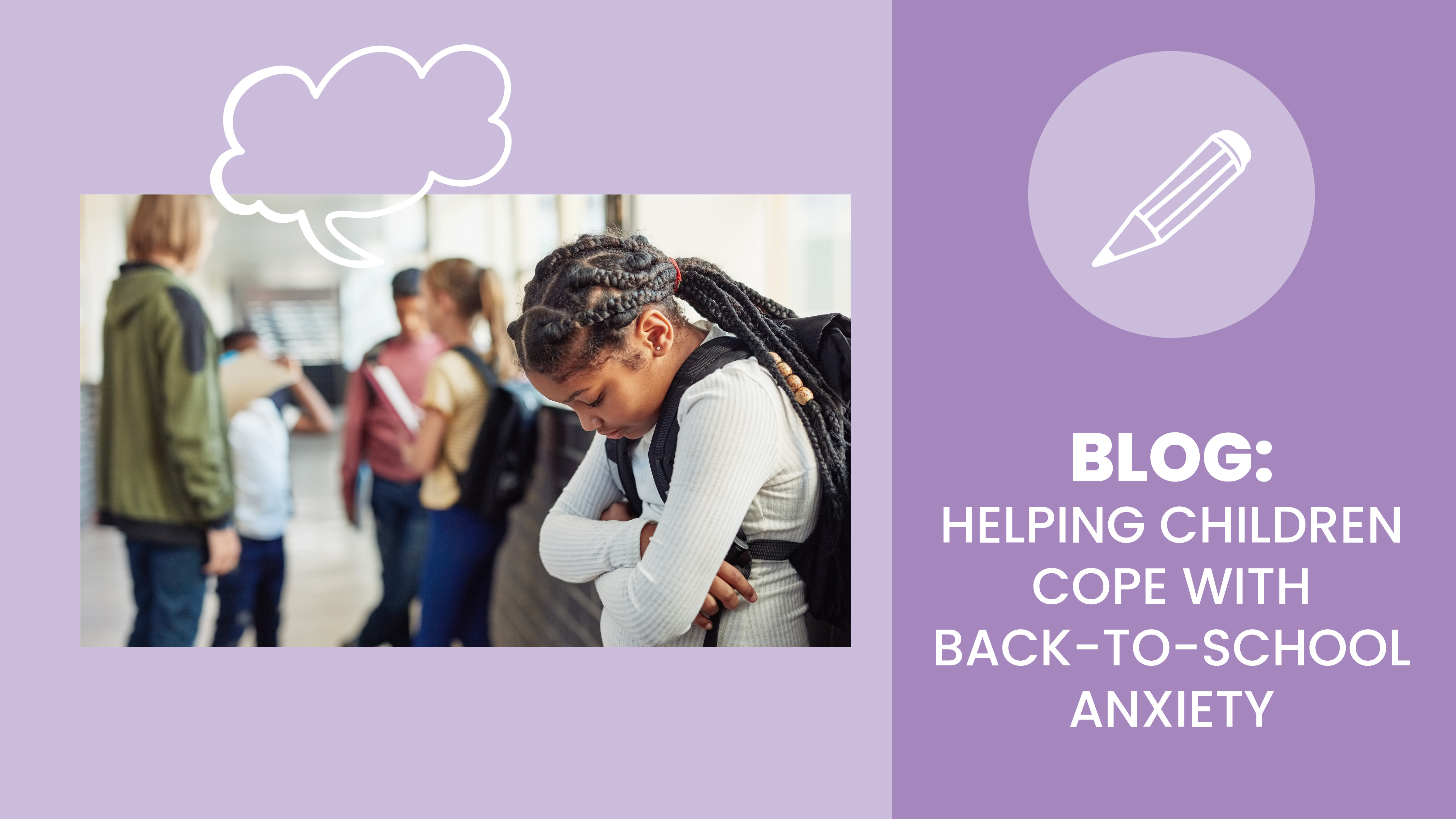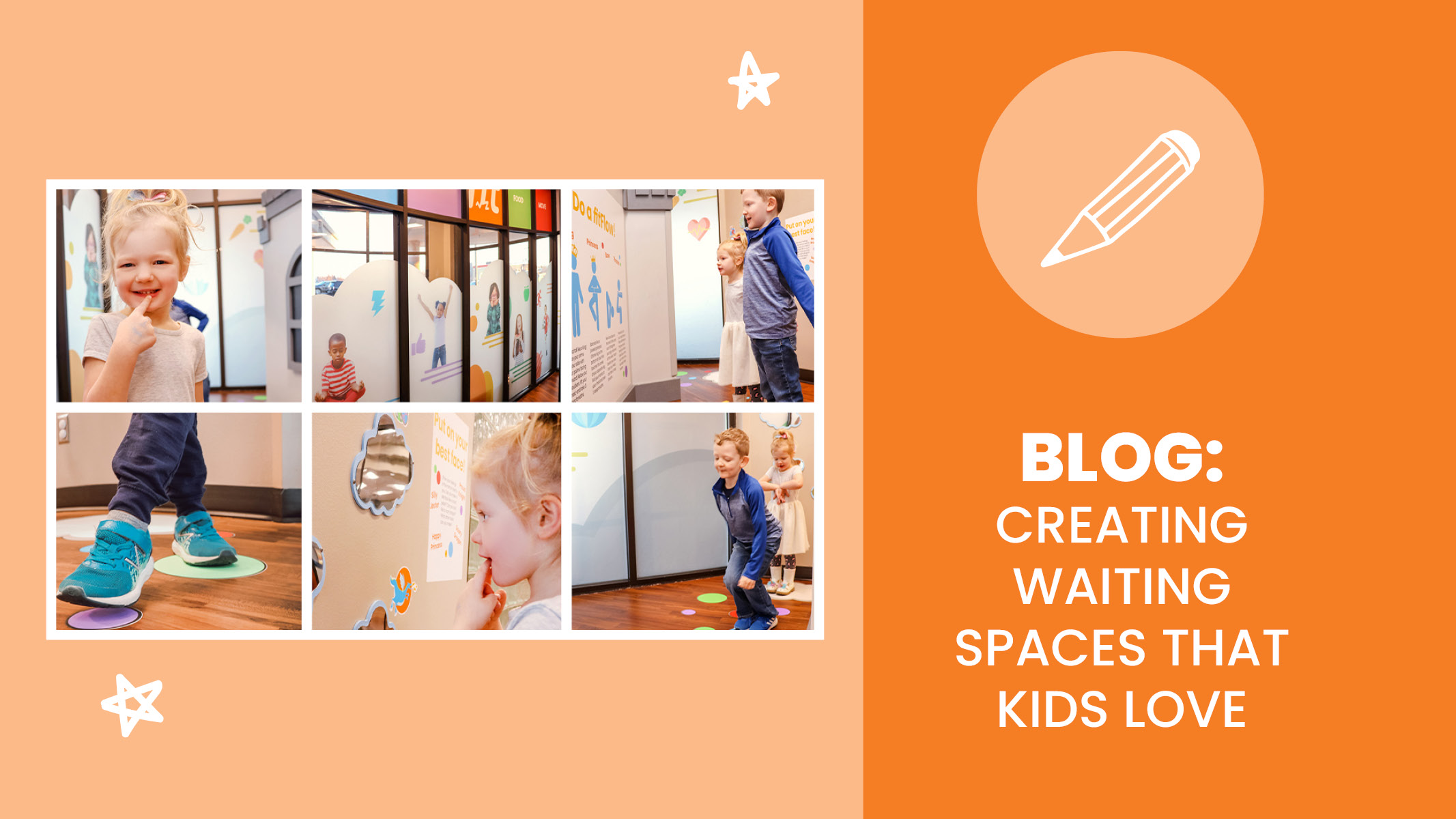The back-to-school season can be filled with a lot of newness – a new grade, teachers, classes, routines, and sometimes even a new school, friends, and activities. Even though changes can be exciting, they can also leave some children feeling anxious along with so many other emotions. What do children experience when they feel anxious or stressed? Oftentimes it can look like:
- Mood swings
- Change in appetite or sleeping habits
- Headaches
- Stomachaches
- Difficulty concentrating
- Clinginess to caregivers
- Disengagement
- Avoiding school-related things (e.g., getting dressed for school, talking about school, trying to make themselves late for school)
No matter what your child is experiencing, it’s important to remind them that there are no “right” or “wrong” emotions during this time. Also, if any of these feelings become overwhelming, you both can manage and cope together.
Here are some emotional well-being tips to get you and your kids off on the right foot this school year:
- Be accessible to your kids – acknowledge that they may feel some strong emotions during this time and reassure them that it’s okay
- Help them to feel prepared – oftentimes kids feel stressed when they are filled with unknowns. To help alleviate the stress, attend a meet-the-teacher night before school if it’s offered, drive or walk the route to school, or practice using school-related items such as a backpack, lunch box, or any other items they’ll regularly use.
- Start the bedtime and before school routines a week before school starts. This will help them adjust to a new routine before the rest of their day changes, too.
- Practice some self-care – taking care of oneself looks different for everyone. Self-care can include calling a friend, taking a shower, unplugging from technology devices, journaling, walking, spending time outside, and so much more. For more self-care tips, you can always read more here.
- Talk to your kids about coping skills – avoiding feelings, especially anxious ones, tends to make them worse. Instead, discuss how they’re feeling and offer coping tools. Check out our Cheat Sheet for Caregivers: Coping with BIG Feelings and Anxiety for tips and expert-backed guidance.
No matter what, coping with change can be stressful and difficult. However, despite the challenges, communicating and coping with emotions will benefit your child for their entire life.
Ready for More? You Might Also Like:


